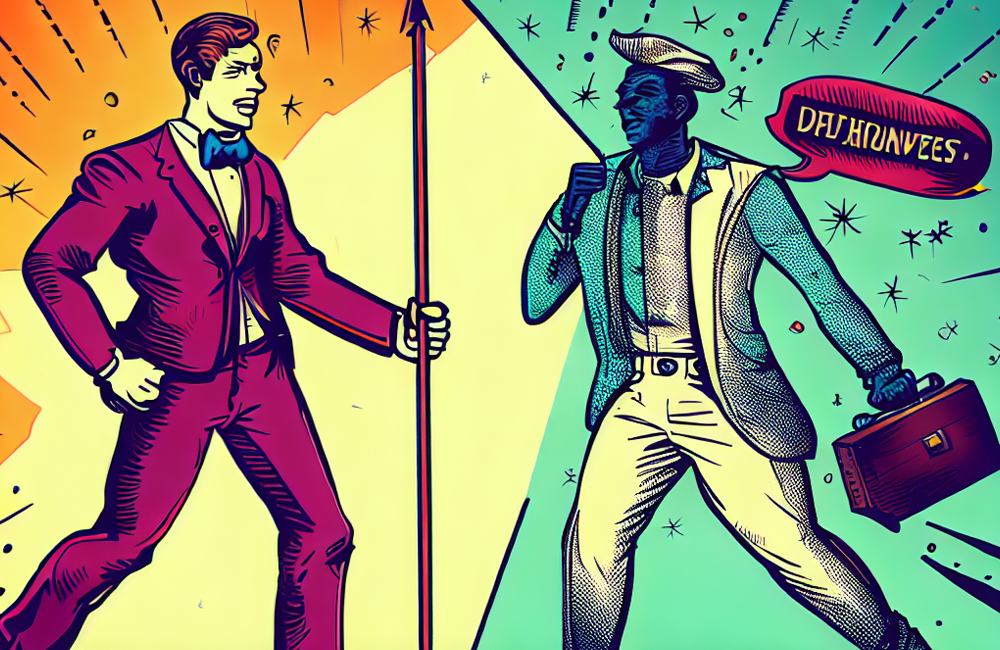The age-old debate between free will and determinism has fascinated philosophers, scientists, and thinkers throughout history. At the core of this philosophical conundrum lies the question of whether human beings possess the power of independent choice or if our actions are predetermined by external factors. In this blog post, we dive into the fascinating discourse of free will and determinism, exploring different perspectives and contemplating the implications for our understanding of human agency.
- Defining Free Will and Determinism:
Free will suggests that individuals have the ability to make choices that are not entirely determined by external factors or prior causes. It implies that our actions are products of conscious deliberation and personal volition. On the other hand, determinism posits that all events, including human actions, are ultimately determined by external causes and prior conditions, such as genetics, upbringing, and environmental influences.
- The Challenge of Determinism:
Determinism challenges the notion of free will by asserting that every action we take is a result of preexisting causes and conditions, leaving no room for genuine choice or personal agency. Advocates of determinism often point to scientific principles, such as causality and the laws of physics, to argue that our actions are merely outcomes of a vast chain of causal events.
- The Illusion of Free Will:
Some philosophers and neuroscientists argue that free will is merely an illusion. They suggest that our subjective experience of making choices is a byproduct of complex cognitive processes, but ultimately, our decisions are determined by subconscious factors, neural processes, and external influences. This perspective challenges our intuitive belief in personal autonomy and highlights the intricate workings of the human mind.
- Compatibilism: Bridging the Gap:
Compatibilism seeks to reconcile free will and determinism by asserting that they can coexist. It suggests that even if our actions are determined by external factors, we can still possess a meaningful sense of freedom and responsibility. Compatibilists argue that our ability to act in accordance with our desires, values, and intentions is what defines free will, irrespective of whether those desires are determined or not.
- Implications for Ethics and Responsibility:
The debate between free will and determinism has profound implications for our understanding of moral responsibility and accountability. If our actions are entirely determined, it challenges the traditional notions of praise, blame, and punishment. On the other hand, if free will exists, it suggests that individuals can be held responsible for their choices and actions.
The question of free will versus determinism continues to perplex and inspire deep philosophical inquiry. While the debate may not yield a definitive answer, exploring these contrasting perspectives enriches our understanding of human agency and the complex nature of decision-making. Whether we lean towards the belief in free will, deterministic causality, or a nuanced combination of both, grappling with this paradox invites us to reflect on the nature of choice, personal responsibility, and the limits of our understanding of the human mind.

